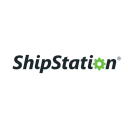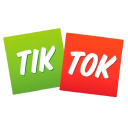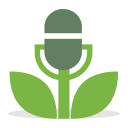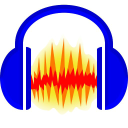How We Started A Wildlife Podcast Without A Prior Experience In Content Creation
Hello! Who are you and what business did you start?
My name is Ashley Bray, and I am the host of the Get Out Alive Podcast and owner of Get Out Alive LLC. At this moment, our business primarily produces podcasts every other week on our main feed about animal attacks and merchandise from our podcast, and our customers are typically those who love wildlife, true crime, or just want to learn more about the wild animals they live around.
We make all of our money from Patreon and website sales, and in a little over a year we made nearly $400/month on Patreon.

What's your backstory and how did you come up with the idea?
For as long as I can remember I’ve loved animals. I had big dreams of being a conservation biologist (which back when I was 5, no one knew what I meant by that so I’d just tell everyone I wanted to be the next Steve Irwin), and...





















